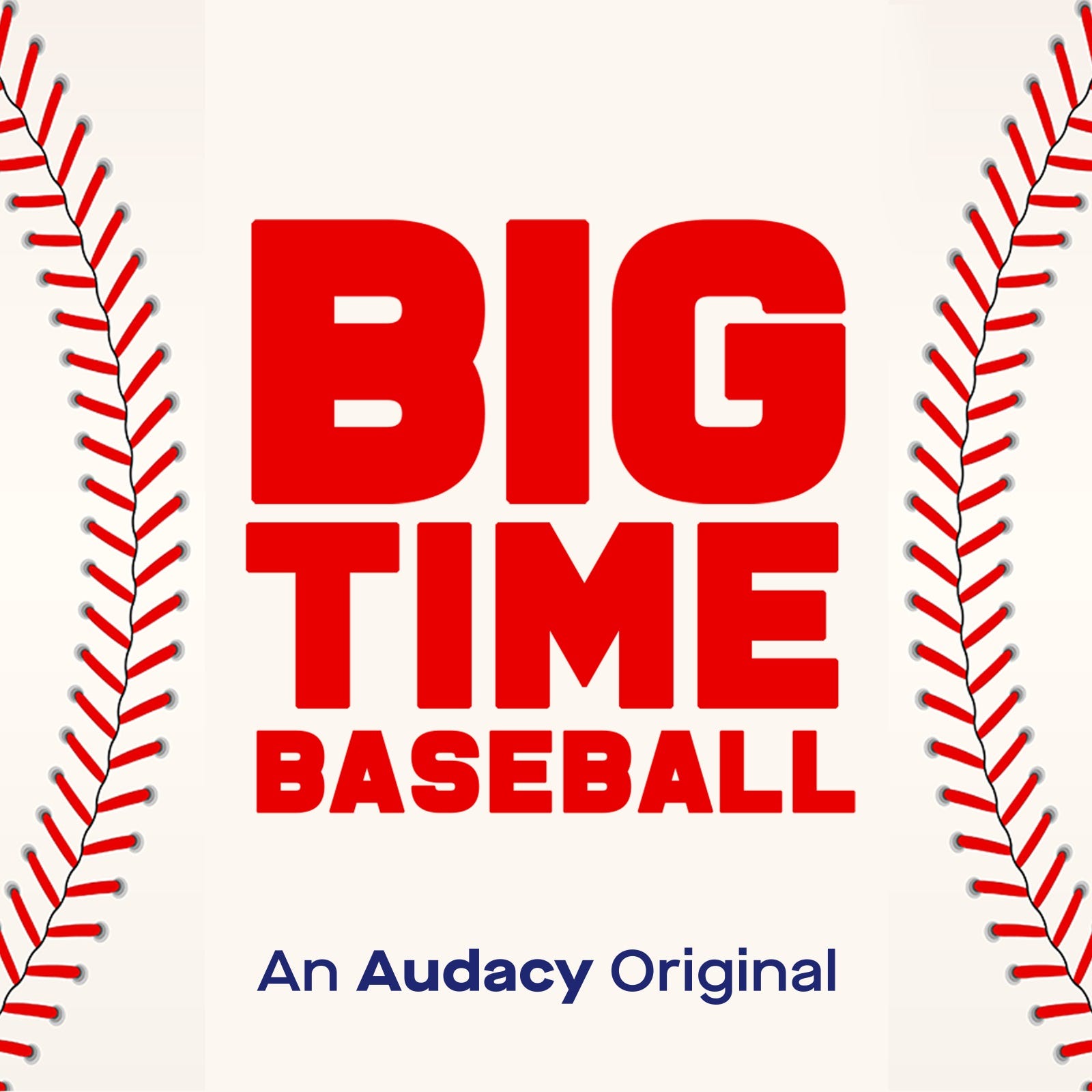Forty-three days—that’s how long it took owners to submit their first proposal to the players union. From December 2nd to January 13th, all we heard were crickets. Radio silence. Static. Tumbleweeds blowing through an abandoned town. With that in mind, is there any wonder MLB couldn’t salvage Opening Day?
There’s plenty of blame to go around in the wake of Tuesday’s failed negotiations, prompting commissioner Rob Manfred to scrap the first week (two series) of the regular season. Emblematic of the obvious distrust that exists between the two combatants in MLB’s ongoing labor crisis, San Francisco Giants pitcher Alex Wood called out ownership for presenting a false narrative, leaking to the media that a deal was imminent when that was never the case (the monstrous gulf in pre-arbitration pool money should tell you just how far apart they actually were).

Putting the onus on players is a shrewd negotiating ploy from the owners’ perspective and the kind of Machiavellian media manipulation you’d see only on a particularly cutthroat episode of Succession. But it never had to be this hard. Like a college senior cramming for finals after a debaucherous semester spent day-drinking at Theta Chi, MLB waited until the very last minute, hoping Monday’s self-imposed deadline (later pushed to Tuesday at 5 PM ET) would jumpstart negotiations. Ron Howard narrator voice: It didn’t. And now, for the first time since 1995, MLB’s worst nightmare—losing regular season games to a lockout—has come to fruition.
MLB, in its increasingly vulnerable state, can’t afford a setback of this magnitude. It took years for MLB to get its footing again after the last work stoppage (ironically enough, what propelled baseball back to relevance was the ’98 home run chase between Mark McGwire and Sammy Sosa, who have since been outed as PED users). Tuesday’s setback could be even more catastrophic to the game’s reputation, which is still reeling from recent cheating scandals (the Astros’ 2017 World Series will forever be tainted by their sign-stealing scheme), falling viewership, dwindling attendance figures and a wide-held belief baseball, in the absence of major stylistic changes, has no hope of reaching younger audiences.
MLB’s cavalier approach to a ticking time bomb ready to detonate the sport (Manfred, in particular, caught flak for his perceived lack of urgency, practicing his golf swing while appearing way too chipper for the bad news delivered at Tuesday’s press conference), can’t be undone. There’s no putting that toothpaste back in the tube.
Was the damage done Tuesday irreparable? Not if the two sides get their act together quickly, resuming talks in New York later this week with an eye toward a mid-April Opening Day. Ken Rosenthal of The Athletic notes MLB can probably get away with losing up to 25 games without forfeiting any money from its various television rights deals. But for all those affected, from stadium employees to local restaurants catered to game-day crowds, the domino effect of baseball’s stubbornness, waiting 43 days to even initiate talks, will be felt for months, if not years, to come.
LISTEN NOW on the Audacy App
Sign Up and Follow Audacy Sports
Facebook | Twitter | Instagram

